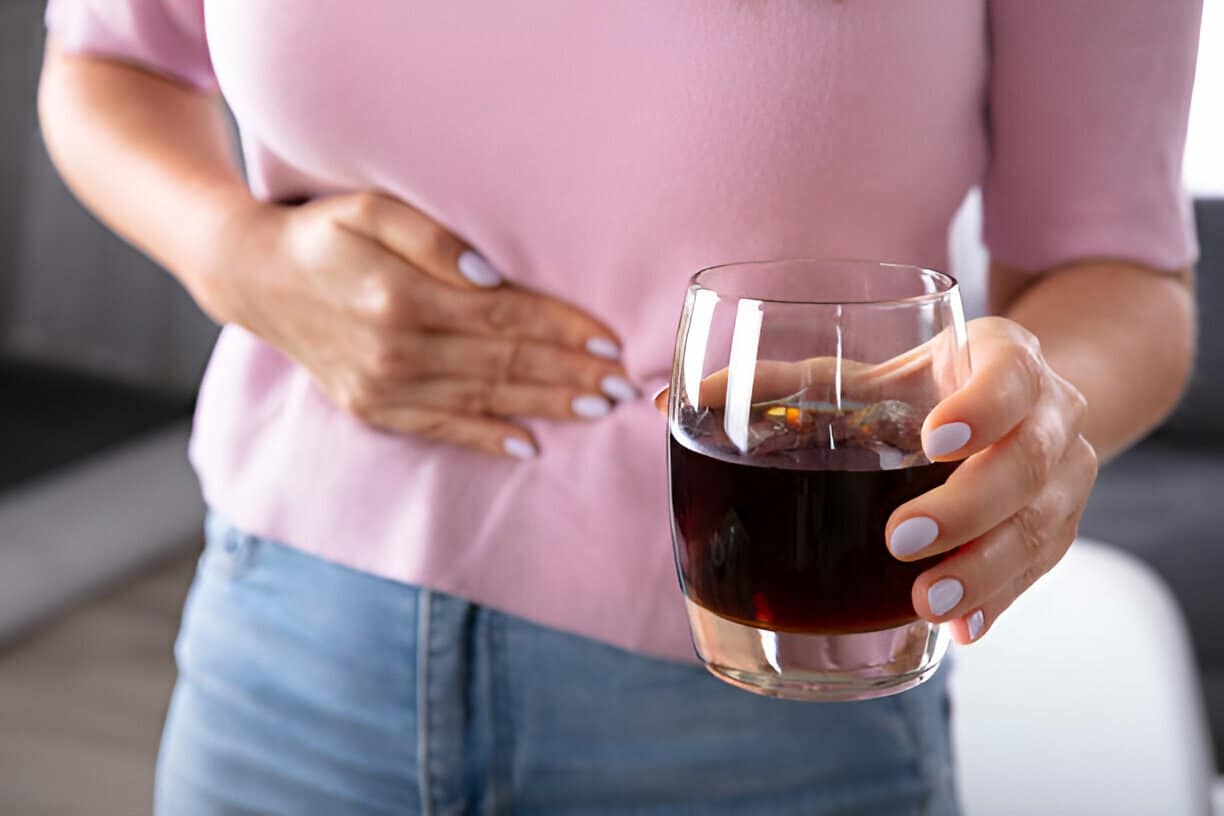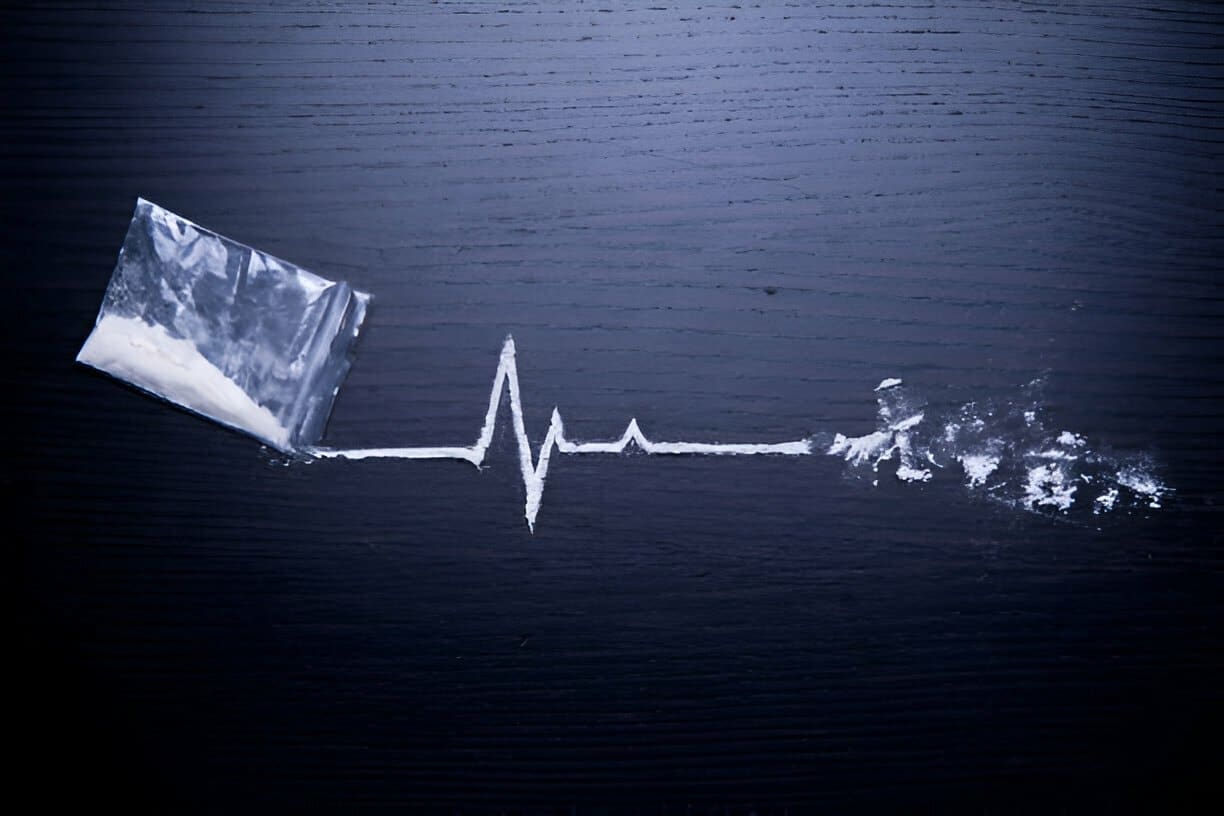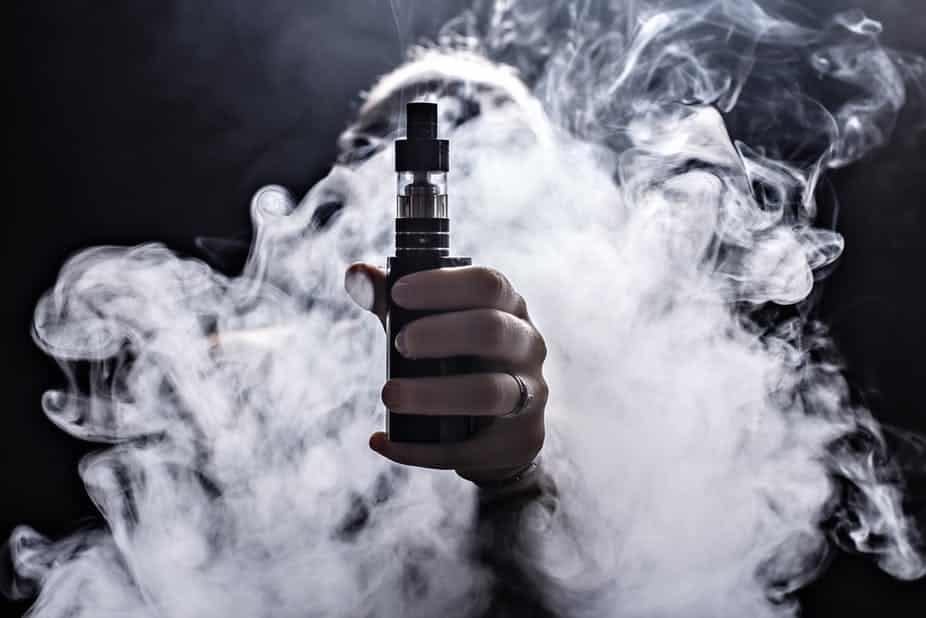Start exploring drug and alcohol rehabs today. Treatment providers are available to answer your questions.
What was once known as “legal highs” are new psychoactive substances that are composed of various chemical ingredients. They have effects that are comparable to those of traditional illicit substances like cocaine, ecstasy, and cannabis.
The great majority of legal highs are now illicit drugs. Legal highs used to be freely accessible, being sold in convenience stores or online. They were commonly sold as plant food, bath salts, or incense because they couldn’t legally be labelled as safe for human consumption, but they were widely abused.
Many of the compounds used in legal highs have never been studied for safety, so consumers have no way of knowing what their specific effects will be.
When legal highs are used with another psychoactive and illicit substance or mixed with alcohol, the danger increases. Legal highs can cause permanent changes to your brain chemistry.
The following substances are commonly found in legal highs:
There are several types of legal highs available.
Some legal highs, such as Mephedrone and Benzo Fury, belong to the stimulant class of narcotics. The effects of these drugs are similar to those of methamphetamine and amphetamine. Because of their potential to alter both the body’s fundamental functioning and the central nervous system, they are extremely addictive.
Bromo-Dragonfly and methoxetamine are two examples of hallucinogenic legal highs. Visual, aural, and tactile hallucinations are caused by legal highs classified as hallucinogenic substances. Legal highs that cause hallucinations might cause unpredictable and unreasonable behaviour. Some users may get extremely aggressive.
There are several legal highs that are similar to opiates, however, in the United Kingdom, they are not widely used. They have similar effects to natural opiates like codeine and morphine.
Tranquillising medicines are another type of legal high. They have a sedative impact on the central nervous system. Brotizolam and clotiazepam are two examples of tranquillising legal highs that are sometimes used in the United Kingdom. Both are now classified as controlled narcotics under the Misuse of Drugs Act.
The following list contains the most common legal highs:
When the UK government passed the Psychoactive Substances Act in 2016, it outlawed the sale of non-medical legal highs, however, there are still some medical-legal highs sold over the counter.
Legal highs are usually taken orally, but they can also be smoked, snorted, injected or even applied topically. They are sold in various forms, including powder, pills, capsules, liquids. smoking mixtures and perforated tabs.
Generically, when legal highs are consumed, their chemicals enter the bloodstream. These chemicals affect the brain and may sharpen or dull the users’ sensations, alter the level of alertness, and even reduce physical pain.
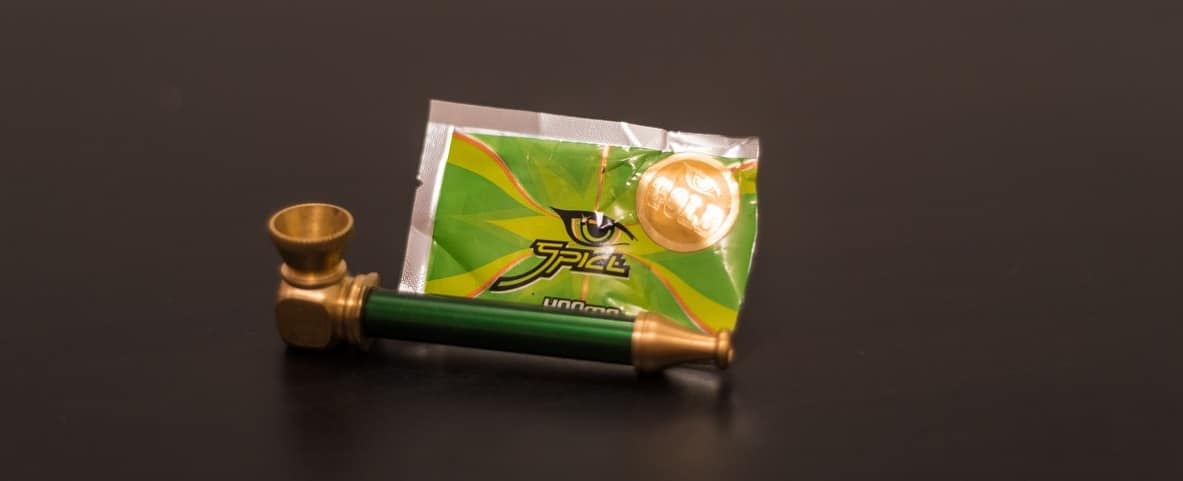
Drug addiction can be defined as an uncontrollable compulsion to use a substance despite its negative consequences. People who abuse substances often experience unpleasant withdrawal symptoms when they stop using them. This is one of the first signs of addiction.
Legal highs addiction has been growing at an alarming rate over the past few years. The number of people abusing legal highs is increasing rapidly.
There are many reasons why people choose to take legal highs:
Some people who abuse legal highs do so for recreational purposes. Recreational users may use legal highs every day or only occasionally. Some people use legal highs to get high, while others use them to relax after work.
Many people with mental health problems use legal highs. They use legal highs to self medicate.
People who have mental health problems, such as depression, sometimes try to deal with their emotional pain by taking legal highs. They may also use legal highs to relieve physical pain.
Legal high Addiction is a serious problem that requires immediate attention. Call us on 0800 999 1083 to discuss treatment options.
Some people who use psychoactive drugs don’t realise that they’re addicted. This is because most people only experience mild drug cravings while under the influence of legal highs.
Legal highs tolerance manifests when a person keeps taking more quantities of the drug to experience the same desired effects. This happens because the body gets used to the drug and it’s a contributing factor to developing an addiction.
Physical symptoms associated with legal highs addiction include:
Withdrawal from legal highs is often accompanied by physical discomfort. This may be caused by an increase in body temperature, sweating and muscle aches.
In severe cases, legal highs users may also experience hallucinations, delusions and paranoia.
The severity of withdrawal symptoms depends on how long you’ve been using legal highs. Withdrawal symptoms usually last between 24 hours and two weeks. However, some people report having severe withdrawal symptoms months after stopping using legal highs.
Psychological symptoms associated with legal highs addiction include:
Behavioural symptoms associated with legal highs include:
Legal high Addiction is a serious problem that requires immediate attention. Call us on 0800 999 1083 to discuss treatment options.
Legal highs addiction is caused by a combination of factors, such as:
Some people believe that all psychoactive substances are unharmful. However, there are many different types of psychoactive drugs. Some are “safer” and others are potentially very addictive.
Most people who take psychoactive drugs get hooked because they abuse them repeatedly.
You can talk to your doctor or pharmacist about what psychoactive drugs are like. Ask them to explain their risks before experimenting with these drugs.
People often underestimate how much psychoactive drugs affect them. A few hours after taking a psychoactive drug, your body starts producing more of its own chemicals, including dopamine. These chemicals make you feel better. Then, over time, your brain changes so that you want more of the same feeling. This leads to dependence.
Some people think that they won’t become addicted to psychoactive drugs until they’ve been using them for a long time. But this might not be true. People who start using psychoactive drugs might develop a dependency right away.
Even if you stop using psychoactive drugs after a short period of time, you’re still at risk of experiencing serious withdrawal symptoms and of developing an addiction. Your brain functioning may also change, even if you don’t use the drug regularly.
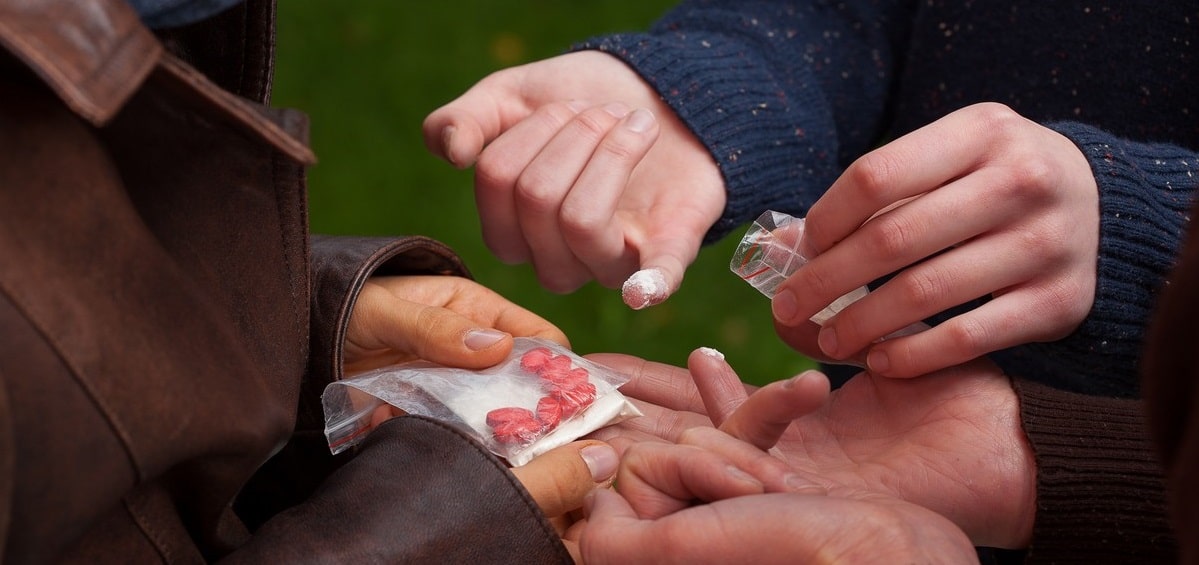
Some people seem to have a predisposition to developing an addiction to psychoactive drugs. There are various factors at play.
Genetic factors play a role in why some people become addicted to psychoactive drugs. People inherit certain genes from their parents. Those genes could make them more susceptible to developing a substance abuse disorder.
There are two types of genetic factors that increase the chance of becoming addicted to psychoactive drugs:
1) The DRD4 gene – This gene influences how well dopamine works in the brain. Dopamine is one of the chemicals that makes it possible for people to feel pleasure.
2) The MAOA gene – This gene affects levels of serotonin. Serotonin helps regulate mood.
Both these genes are inherited from both parents. When a person inherits one copy of either gene from one parent, they have a 50% chance of being affected by substance abuse. Inheriting two copies increases this risk to 75%.
A number of environmental factors contribute to whether someone will become addicted to psychoactive substances. These include:
Legal highs are more addictive than some prescription medications. In fact, many legal highs are far more dangerous than traditional illicit drugs because they contain chemicals that can be extremely harmful.
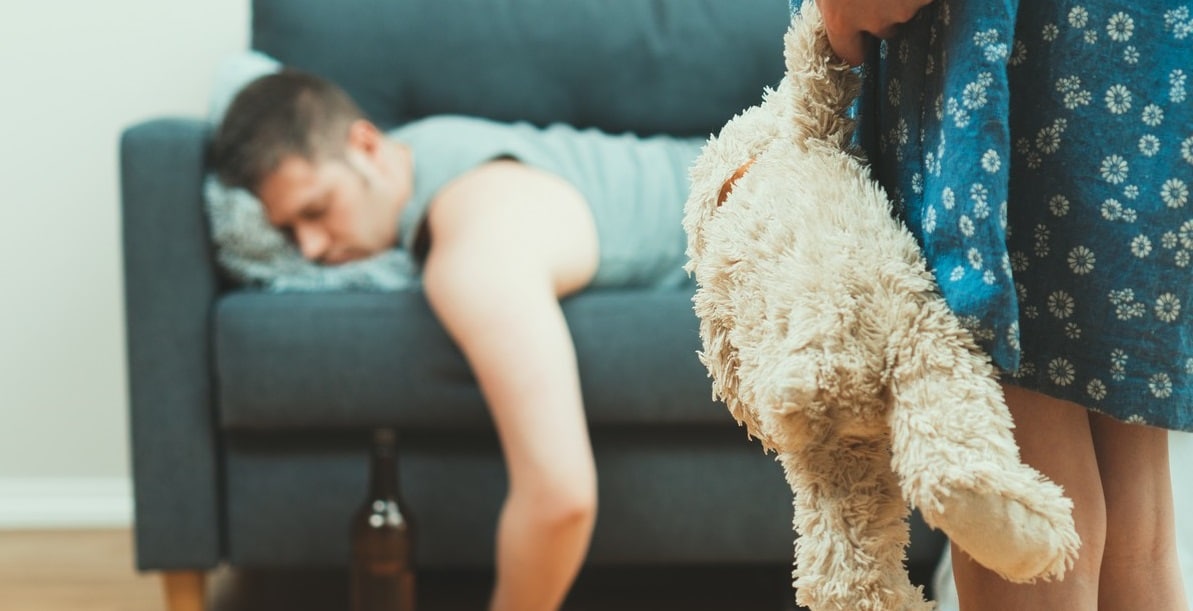
The specific effects of legal highs vary depending on the chemicals that are part of the drug. However, there are general harmful effects linked to the majority of legal highs.
Legal highs can be very dangerous for a number of reasons, including:
Legal highs addiction has been linked to a number of serious health problems, including:
Legal highs Addiction is a serious problem that requires immediate attention. Call us on 0800 999 1083 to discuss treatment options.
Overdosing on legal highs it’s not uncommon, and can cause serious health complications. An overdose occurs when someone consumes more than what their body can handle. It may result in death.
People who overdose on legal highs often end up in emergency rooms. Most overdoses happen at parties where friends mix different types of legal highs together or mix them with other drugs, or alcohol. This increases the risk of overdose.
Legal high overdose symptoms may last for several hours after the initial exposure. You may feel better within 24 hours but you could still feel ill for a few days or weeks. Signs of an overdose include:
Legal high overdose symptoms are very similar to those of other drug overdoses. It is important to seek medical help immediately if you suspect that you or someone has taken too much of any legal high.
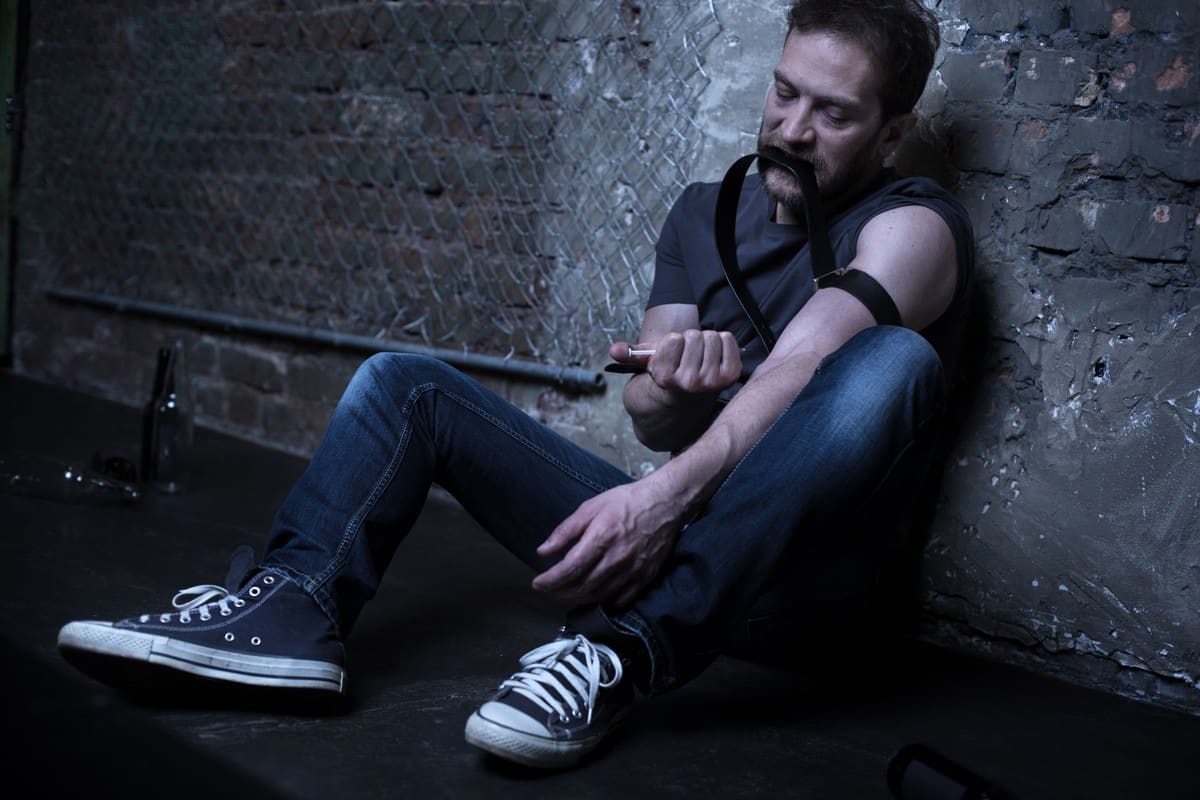
Some legal highs can cause extreme mental distress. Some users may become depressed or anxious, in some cases leading to suicide attempts.
There is some evidence that certain legal highs can increase the risk of suicide. For instance, Kratom contains substances that can induce euphoria and reduce feelings of hopelessness. Kratom also reduces the need for sleep. This means that people who consume it often stay up late at night and fall asleep during the day. This can make them feel tired and very unwell.
Legal high Addiction is a serious problem that requires immediate attention. Call us on 0800 999 1083 to discuss treatment options.
Speak to us on 0800 999 1083 to discuss treatment options and to find the best alcohol rehab centre.
Many people who abuse legal highs have co-occurring disorders. Co-occurring disorders happen when one mental disorder co-occurs with a substance use disorder. Both of these conditions can worsen each other.
People who abuse legal highs often have other psychiatric disorders, including:
These disorders can be triggered by legal highs and their use can also lead to the worsening of existing mental health problems. For example, people with bipolar disorder may experience manic episodes while taking legal highs. When this happens, their mood swings can get even worse.
It is possible that legal highs can trigger suicidal thoughts or actions in people who have been diagnosed with depression.
If you have been abusing legal highs, talk to a doctor about how they are affecting your life. They can recommend treatments that can help improve mental well being and treat your drug dependence.
People who suffer from dual diagnoses face unique challenges. Dual diagnosis patients struggle with both physical and psychological issues. They often require more intensive care than patients with only a drug problem.
A dual diagnosis patient needs individualised treatment plans. It is important to work closely with a psychiatrist and other medical professionals to address all aspects of their condition. Treatment for dual diagnosis patients should focus on treating both the substance abuse and the underlying mental health issues. Depending on which disorder is causing the most trouble, different types of treatment approaches may be used.
People who suffer from mental disorders like anxiety, depression and OCD often turn to self-medication. Self-medication is using medications or drugs to treat physical or emotional problems. It is common among people who suffer from mental illness.
Self-medication with legal highs should never be seen as a solution. Many times it worsens your mental health condition, developing others problems as side effects without solving the initial one.
Legal high Addiction is a serious problem that requires immediate attention. Call us on 0800 999 1083 to discuss treatment options.

Teenagers are particularly vulnerable to substance abuse because they are still growing physically and emotionally.
They are also less experienced in managing stress and coping with difficult situations, making them more likely to experiment with different types of drugs. As a result, they are more likely to experiment with and become addicted to legal highs.
Legal highs can be particularly dangerous to teenagers. Because some of them can be easily and cheaply bought in shops as plant food and incense, teens may experiment with high dosages. This can lead to the development of addictions as well as fatal overdoses.
If you find out your child is experimenting with legal highs, talk to them about why they are doing it. Find out what type of substances they are trying and tell them the risks. Make sure that they understand that it is dangerous to take legal highs, and that the risks associated with mixing them with alcohol or other depressants are even worst.
Legal high Addiction is a serious problem that requires immediate attention. Call us on 0800 999 1083 to discuss treatment options.
If you suspect that someone you care about is abusing legal highs, you can do something to help.
Here are some suggestions:
Don’t go through the process of recovery alone. Treatment providers can answer your questions. Get in touch with one today.
Call 0800 999 1083 today!
If you think you might have a legal high addiction, it’s important to seek professional help right away. The sooner you get the help you need, the better your chances of overcoming this problem.
In most drug rehab clinics, you can book a free confidential assessment, before you decide on what treatment is best for you.
Detoxification (detox) is the process of clearing the body of all drugs that an individual has consumed. The legal high detox procedure can be carried out in two ways.
The first, sometimes known as cold turkey, involves a user losing access to the substance they are addicted to immediately and completely. With this strategy, withdrawal symptoms appear within a few hours and gradually worsen over the course of a few days.
The second way to detox is to go through a gradual withdrawal process. This involves the person continuing to be given the substance to which they are addicted or prescribed replacements, with doses steadily decreasing until withdrawal is complete. Withdrawing gradually reduces the severity of symptoms.
Many people who have developed a legal high addiction also benefit from medication therapy. Medications work best when combined with behavioural therapies. For example, medications can be used to treat withdrawal symptoms or drug cravings. They can also be used to prevent relapse.
One of these medications is Vivitrol. Vivitrol blocks the pleasurable effects of drugs. It works by preventing dopamine from reaching the brain. Vivitrol is only approved for use in conjunction with other therapies. There are recommendations for using Vivitrol alongside psychotherapy and other medications.
Other medications used in the treatment of legal highs addiction may include:
Medications alone cannot effectively treat legal highs addiction. Medication use is not intended to replace traditional methods of treatment but to complement them.
There are several treatment options available for people who suffer from a legal high addiction. These include rehab programs, outpatient care, medication therapy among others.
Addiction treatment organisations offer a variety of rehab programs designed to help people overcome their legal highs addiction. Some programs focus on teaching patients about the dangers of legal highs. Others teach them how to cope with stress and anxiety without resorting to legal highs.
If you decide to participate in rehab, make sure that you choose a facility that offers a holistic approach to treating addictions. Holistic rehab focuses on helping patients understand why they have developed a problem with legal highs. This type of treatment helps patients identify the underlying causes of their legal highs addiction so that they can learn new ways to deal with these issues.
An inpatient rehabilitation program is designed to provide intensive treatment for people who are struggling with a legal high addiction. Inpatient rehab programs offer patients around-the-clock medical attention, counselling services and group sessions. Patients also receive individualized treatment plans based on their specific needs.
Outpatient rehab programmes include legal highs treatment as well as support groups that may be attended at any time during the week. Patients can keep their usual responsibilities and live at home under this plan, but they must check into treatment at their scheduled times for counselling and medicine.
There are different types of therapies available to help you recover from your Legal High Addiction. Some of these include:

Psychotherapy is often recommended for people who have been diagnosed with legal highs addiction. This type of therapy helps them to identify any underlying psychological issues that may contribute to their problems. It can also help them develop coping skills.
Therapists may work individually with patients or in a group setting. Individual therapy sessions can last up to 45 minutes. Group therapy sessions usually take place over several weeks.
Counselling can help to determine why someone began abusing legal highs and how to address any underlying problems that contributed to the behaviour. Counsellors can offer guidance on coping mechanisms and how to prevent relapsing into the abuse of legal highs.
The goal of cognitive-behavioural therapy is to alter negative thought patterns and behaviours. CBT teaches patients how to recognise and replace unhelpful thoughts with more positive ones.
This therapy tries to increase communication among all family members by studying interactions between them. Family therapy enables families to discuss the addict’s problems freely with one another. It also enables parents to comprehend their part in their child’s addiction.
People may believe that once they leave treatment, they have overcome all of their problems and are no longer addicts. This sensation, however, is just temporary. Patients must learn to sustain sobriety after leaving treatment, which is not always easy.
This is why it’s critical to engage the aid of family and friends in helping the patient to stay sober. They will be able to provide them with the support and motivation they require to live a life free from drugs.
It’s also a good option to take part in one of the aftercare programs available at most rehab clinics.
12-Step programmes were created in the Alcoholics Anonymus group but their immediate success made them very popular. 12-step programmes are nowadays adapted to all addiction recovery programmes.
Because recovery is a lifetime journey, there is no such thing as a one-size-fits-all approach to the 12 Steps, as each individual will discover what works best for them. In fact, most participants find out that they will need to repeat several steps or perhaps take multiple levels at once.
Support groups, such as Narcotics Anonymous, provide continuing support to assist people to adhere to their sobriety goals. This UK addiction treatment group provides support for anyone who’s struggling with drug addiction.
All support groups are usually led by a qualified therapist and meet on a weekly basis. Some ongoing care groups are tailored to a specific gender or age range, while others focus on a specific area of rehabilitation.
Legal high Addiction is a serious problem that requires immediate attention. Call us on 0800 999 1083 to discuss treatment options.
Don’t go through the process of recovery alone. Treatment providers can answer your questions. Get in touch with one today.
Call 0800 999 1083 today!
The accessibility to legal highs might make living with an addiction to them particularly challenging.
Seeking counselling is often the most effective way to learn appropriate coping mechanisms for psychological issues, making it simpler to break a legal highs addiction.
The following tips can help you manage the addiction:
Relapse prevention is the process of preventing a person who has successfully completed rehab from returning to addictive behaviours.
This involves teaching them new ways to cope with stress and avoiding situations where addictive behaviours might be triggered (recognising and avoiding triggers).
Relapse prevention strategies include:
Legal high Addiction is a serious problem that requires immediate attention. Call us on 0800 999 1083 to discuss treatment options.
According to the report “Adult substance misuse treatment statistics, 2020 to 2021”: of any drug group, those entering treatment for issues with new psychoactive substances (NPS) had the highest rate of housing need (45 per cent).
People in treatment for NPS issues had the highest rate of housing needs, with 45 per cent stating that they had a housing problem (urgent or not) before they began treatment.

BACP accredited psychotherapist with 16 years experience working in mental health specialising in psychodynamic person-centred therapies treating those with a range of mental health disorders including anxiety, depression, OCD and Addiction.

Fill in your details and we’ll send you a message via SMS.


No matter where you live, there are drug and alcohol rehab options for you to discover. Treatment providers are waiting to answer your questions. Get started today.

Ever felt that gnawing ache or burning sensation in your gut after a night of drinks? You’re not alone. Stomach pain after drinking is a common complaint, and there are a few reasons why it might happen. Let’s delve into the science behind the discomfort and explore ways to soothe your stomach. The Irritating Truth: … Continued

Cocaine, a stimulant known for its short-lived burst of energy and euphoria, hides a dark side. Behind the initial high lies a dangerous potential for overdose, with severe health consequences and even death. This article delves into the world of cocaine overdose, equipping you with the knowledge to recognize the signs, understand the dangers, and … Continued

Adult smoking habits in the UK refer to how often and in what ways people aged 18 and above use tobacco. This includes everything from smoking cigarettes every day to occasionally lighting up, as well as using other tobacco products. Understanding these habits is important for several reasons: Public Health: Smoking causes many diseases that … Continued

Addiction in the UK is a complex issue that is connected to various aspects of society such as healthcare and law enforcement. It affects people from all backgrounds and has negative impacts on families, communities, and the entire nation. Understanding addiction involves not only looking at the uncontrollable use of substances and repetitive behaviors but … Continued

Don’t go through the process of recovery alone. Treatment providers can answer your questions. Get in touch with one today.
Call 0800 999 1083 today!





